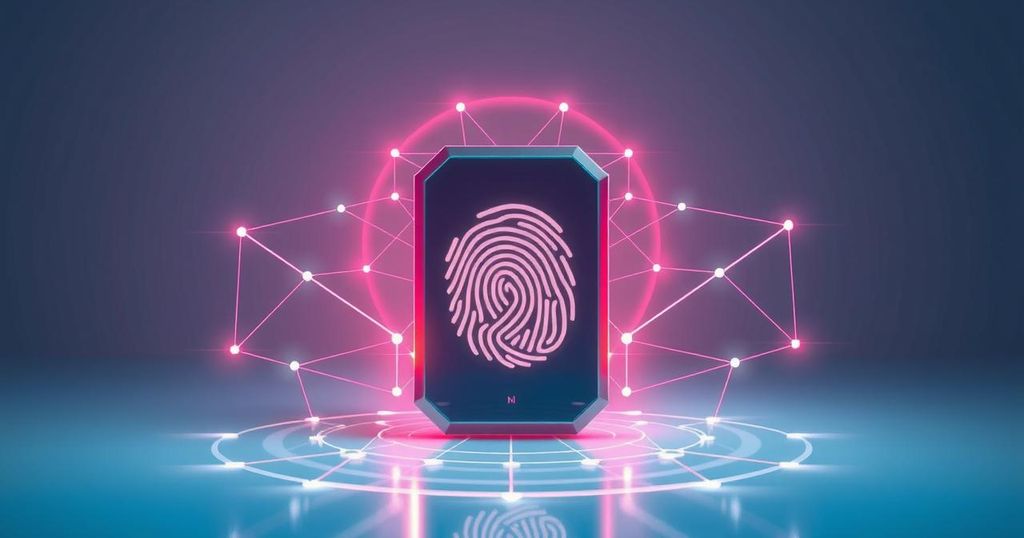A report from Trua emphasizes the rising demand for trust in online platforms as deepfakes and AI present security concerns. Biometric identity verification is vital across sectors like gaming, cryptocurrency, and dating. Companies such as Jumio and Sumsub highlight its effectiveness in combating fraud and ensuring compliance, while increased awareness of romance scams underscores the need for stringent protections against deceptive practices.
A recent report from Trua highlights the importance of verified trust in online platforms amid increasing concerns over security, particularly related to deepfakes and AI. Users are seeking assurance that the digital services they choose can safeguard their identities and data. Biometric identity verification has emerged as a key measure to protect consumers from fraud across various sectors, including adult content platforms, dating apps, and cryptocurrency exchanges.
The surge of generative AI has instilled fear among consumers, with 75% apprehensive about bots impersonating humans. A significant majority (78%) of Americans favor identity verification systems that prioritize privacy by minimizing the sharing of personal data. This shift has led to increased interest in identity wallets and biometric verification systems, crucial for building trust in online interactions.
Jumio is focusing its technology on the gaming sector in Brazil, responding to regulatory changes and market opportunities for biometric ID verification. Robert Prigge, CEO of Jumio, asserts that this technology helps gaming operators enhance user experience while ensuring compliance, protecting their reputations, and addressing a rapidly evolving market landscape.
In the cryptocurrency sphere, fraud is rampant, with reports indicating a 48% rise in fraudulent activities. According to Sumsub, biometric verification is no longer supplementary; it is vital for safeguarding users and ensuring compliance with the tightening regulations in the crypto industry. Their innovations have notably improved onboarding success rates, streamlining regulatory compliance processes.
Dating platforms are also facing challenges, especially with deepfake technologies. Data from Sumsub reveals that a significant portion of UK dating app users has encountered deepfakes, leading to loss of trust and significant financial losses from romance scams. Pavel Goldman-Kalaydin emphasizes the urgent need for better protective measures, warning that failure to adapt could expose users to various forms of harm.
Regula’s recent findings indicate the escalating issue of romance scams exacerbated by AI-generated fake profiles. The diversity of scams, from fake celebrity romances to deceptive soldier narratives, necessitates robust fraud prevention technologies. Enhanced systems such as biometric ID verification are vital to combat the increasing complexity and sophistication of online scams.
Additionally, companies like iDenfy showcase real-world implementations of biometric verification in relationship management between content providers and their audiences. Following problematic manual verification processes, Flirtback opted for iDenfy’s customized biometric solution, effectively reducing human-related errors while ensuring compliance with varying regulations and preventing deepfake profile creation.
The integration of biometric identity verification is crucial for enhancing trust in digital platforms across multiple industries. As users grow more concerned about personal security, particularly against threats posed by deepfakes and online fraud, companies must adapt by implementing robust verification measures. These technologies not only protect individuals but also help businesses maintain compliance and safeguard their reputations in an increasingly risky online environment.
Original Source: www.biometricupdate.com





